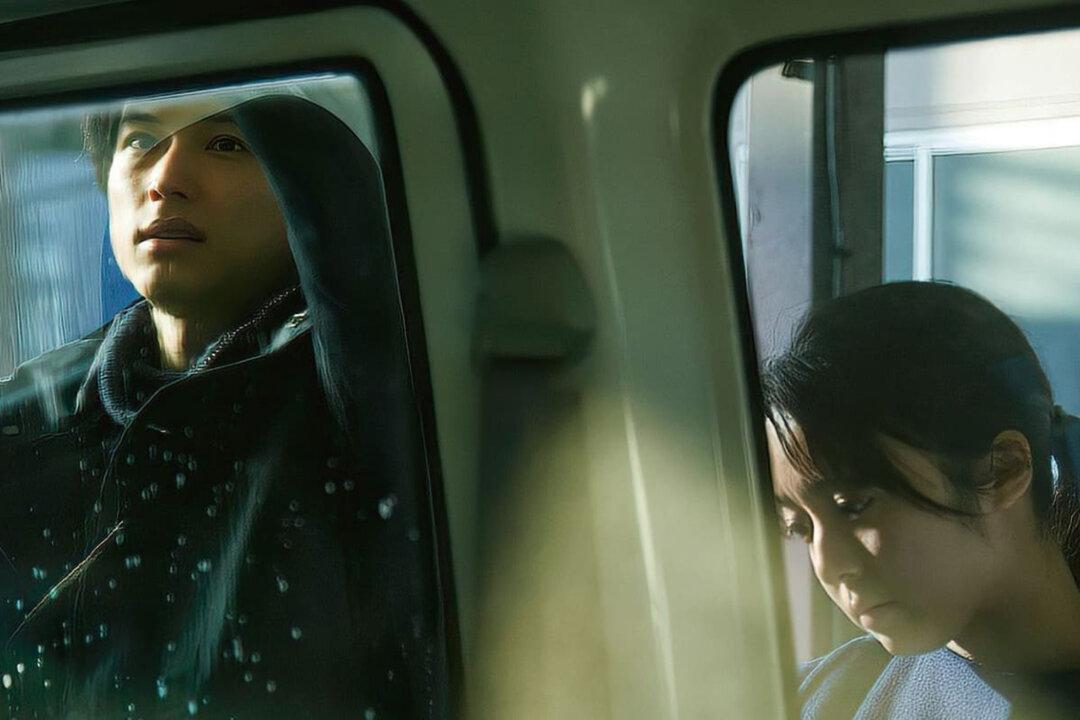NR | 1h 59m | Drama | 2024
Movies have an unparalleled ability to explore societal issues in ways that feel organic. They avoid the dryness often associated with textbook-style presentations or documentaries. Through the lens of thoughtfully crafted characters, films can convey important messages while remaining captivating and relatable.






